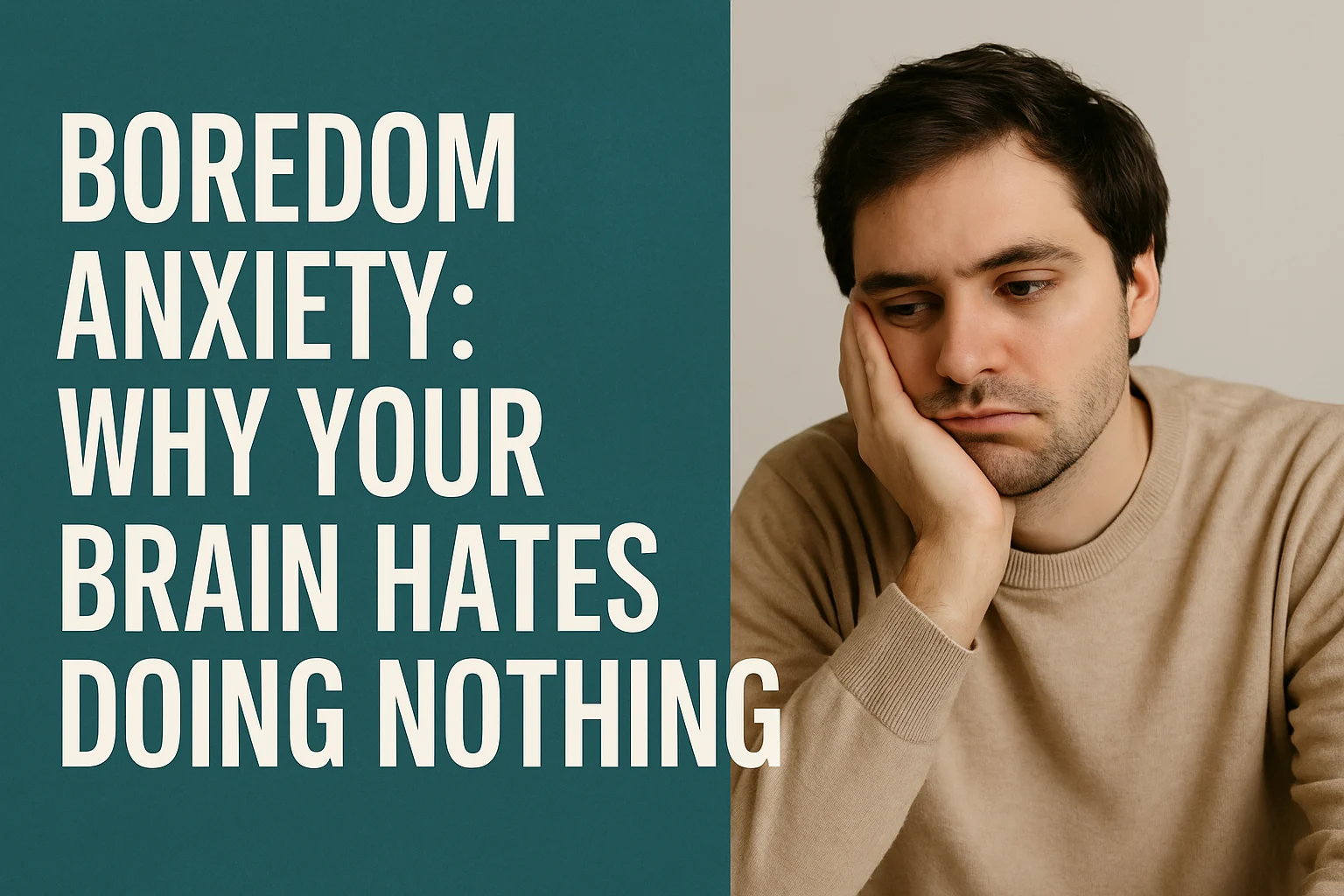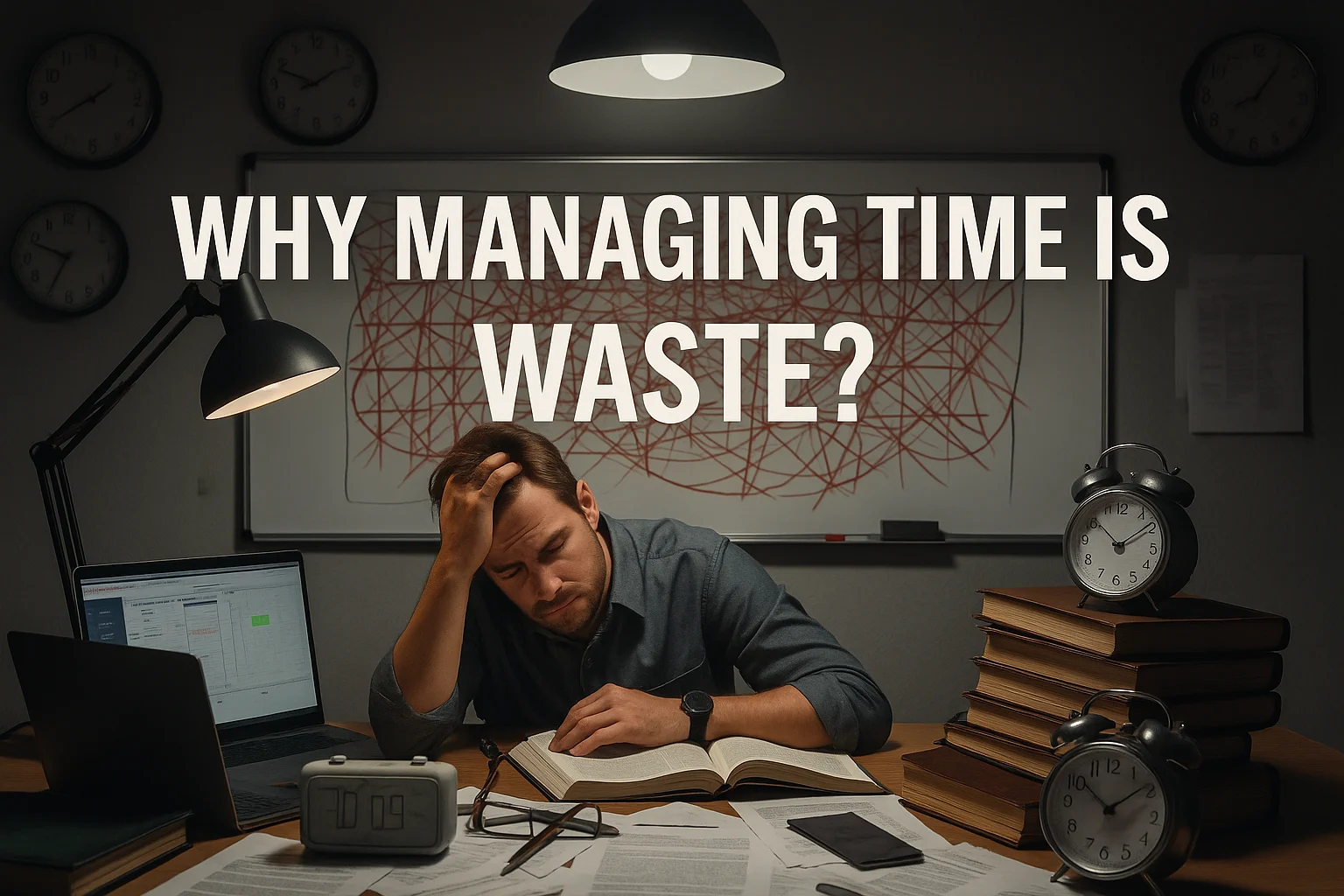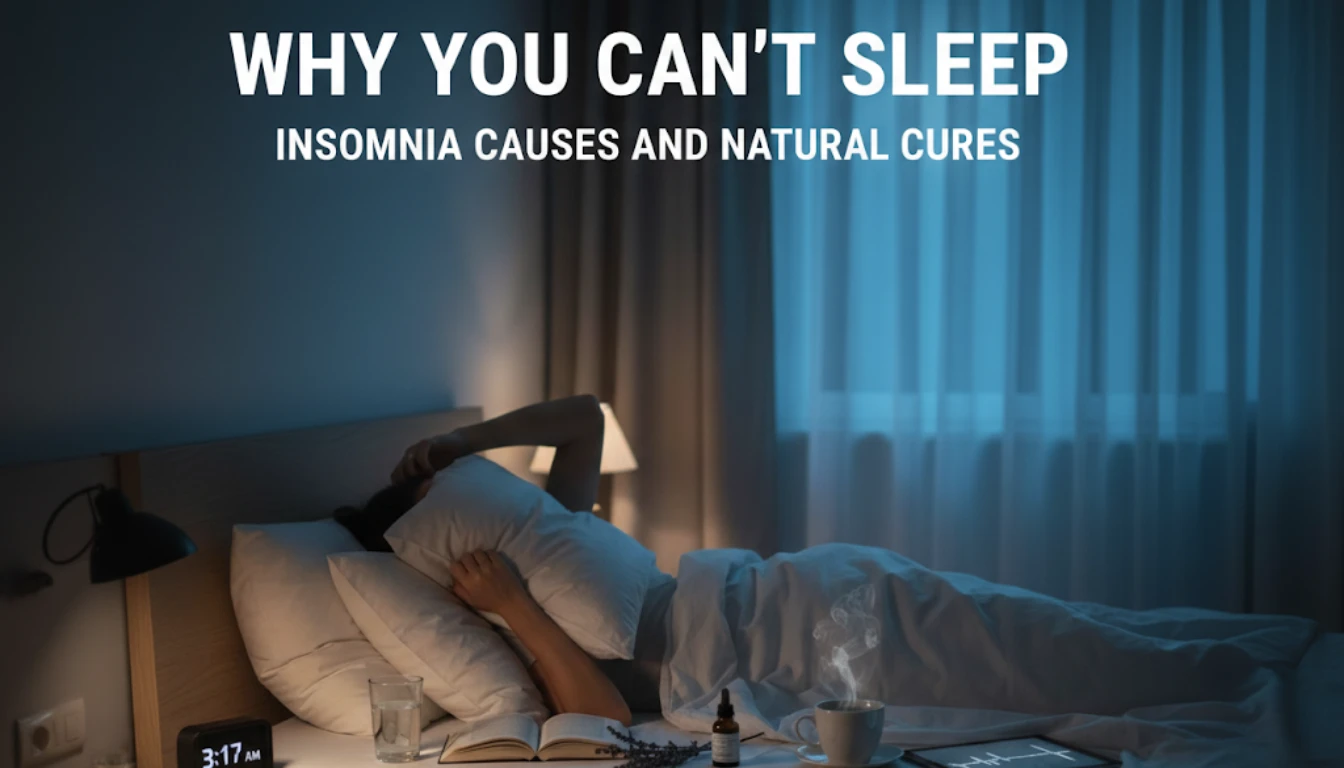You know that strange feeling when you’re doing absolutely nothing, maybe sitting on your bed or staring at the wall – and suddenly you get an uncomfortable feeling in your chest. Now, you’re starting to feel a bit restless, guilty, maybe even anxious for “wasting time”. So, you decide to grab your phone to check for notifications and the moment you snap out of it, you realise you have already made an impulsive decision – perhaps a text that you shouldn’t have sent, an online order you didn’t need, or hours lost in reels.
That is nothing but Boredom Anxiety – the modern unease of simply being still.
But let us go back in time, only a few years ago, when the pandemic of COVID-19 just started. The world went still, but our screens came alive. Global screentime shot up by more than 70%! People spent an average of 7+ hours daily staring at digital devices.
At first, it felt manageable since we were sure that we were in control however slowly our minds got used to the instant hits of dopamine – the pleasure hormone. That’s when boredom anxiety started to bloom – the fear of stillness in a world that never stops moving.
What is Boredom Anxiety?
Unlike ordinary boredom, boredom anxiety is the restlessness that captures your heart and tortures your brain for constant stimulation. You are not sad. You are not even busy. You are just…uncomfortable with silence.
Researchers describe this as “hyperarousal due to under-stimulation.” When you are not doing anything, your brain perceives that moment of stillness as a threat, as if something’s wrong because you are not doing anything.
It’s the psychological version of your body saying, “Quick, give me a hit of dopamine.”
Why does the Brain Panic When Nothing’s Happening?
When your activity stops, dopamine levels in our body drop which makes the brain crave stimulation. The sudden dip in dopamine, activates your stress hormone – cortisol. Now, the brain’s Default Mode Network (DMN) system kicks in which makes you overthink, feel regret and self-doubt.
This happens because your brain is addicted to “doing,” not “being.” And now, instead of resting, your mind is overthinking.
We, humans, used to sit by fires, walk miles, or simply wait but now every moment is filled with screens. To cope with the isolation during lockdowns, we leaned on phones and shows for comfort. That escapism through stimulation became a habit even after life continued.
How Does Boredom Anxiety Show up?
Boredom anxiety shows up in many sneaky ways, for example
- It could be Restless Scrolling, you know when you jump between 5 apps for no reason.
- Phantom Notifications when you think someone texted you, your phone vibrated but it didn’t.
- Impulsive shopping maybe you bought everything in your Wishlist, texting an ex, or overeating just to feel something, anything other than boredom.
- Sleep trouble
- Brain Fog
A global study by Statista in 2023 found 41% of Gen Z suffered from anxiety spikes during boredom and the reason sadly lies in online overuse.
How are Boredom and Anxiety Related?
It is basically a cycle. You feel boredom, which turns into discomfort and anxiety settles in after. To escape that, you switch to a distraction which provides temporary relief, again, “temporary” relief.
According to Psychologists, this loop called as the “boredom-anxiety feedback loop.”
You end up feeling worse than before because the quick fix is a lie, a trap because it is temporary. To break this cycle, you have to sit in silence instead of trying to escape it.
How to Break Free?
1. Practice Doing Absolutely Nothing
You can turn off your phone and just sit and breathe. Yes, it will feel unbearable but as time passes, your brain will get used to this feeling.
Here is a tip, set a timer and watch your thoughts instead of fighting them. This small practise will rewire your brain and increase your tolerance.
2. Slow Down
Not every moment needs a rush. Stop chasing and slow down. You can cook your favourite meal without music or a show running in the background or you can even take a walk without your phone.
A 2023 Harvard study shows mindful routines can lower anxiety by 27% over 8 weeks!
3. Limit Dopamine
How will your brain reset and breathe if you are continuously stimulating it?
To put an end this, turn on DND on your phone and then switch to calmer media like podcasts or books or even blogs like ours at UpdateMee instead of scrolling reels and tiktoks. Each small cut reduces the dopamine spikes that keep you anxious.
4. Plan “Boredom Time” Daily
Sounds silly? But hey, it gets the job done! Schedule 15 minutes of boredom daily without fail. No screens. Just sit in silence. This practice builds tolerance and boosts creativity. Some studies even show that boredom increases idea generation by 40% when people are not distracted.
5. Move Your Body
Physical movement clears restlessness. You can pick dance as your new hobby or just simple stretch in your room. Exercise increases serotonin which your happy hormone and lowers cortisol.
Read More About: How to Do a Digital Detox: The Ultimate Guide to Screen-Free Living
What Happens When You Detox from Stimulation?
After a few weeks of lowering screentime or any sort of digital exposure, you get used to the stillness. Many people notice,
- Improvement in sleep quality
- Increase in attention span
- Reduced anxiety
- Boost in creativity and patience
You will also start to enjoy small things again like watching the rain, cooking, or journaling. This is a sign that your brain is healing from dopamine overload.
The Hidden Gift of Boredom
Albert Einstein once said, “Creativity is the residue of time wasted.” Boredom is not useless. When your brain has space, it begins to imagine, solve and even create. This stillness allows your thoughts to breathe – the same thoughts that often get pushed to the back of your mind. In short, no, you are not broken for feeling restless but simply overstimulated.
Even many athletes and writers use boredom tolerance to improve focus under stress and form new ideas. That also includes Bill Gates who takes “Think Weeks” and isolates himself with no screen to brainstorm.
You can also reset your nervous system by staying offline for only 24 hours! It is doable, right?
When Should You Seek Help?
Seek Professional help if you feel like your anxiety is shooting up the roof during every quiet moment. You don’t need a diagnosis to seek support. Sometimes all you need is to talk to someone because talking helps you understand what your boredom is trying to tell you.
Conlusion
Boredom anxiety is your mind’s way of asking for a moment of silence, peace or quiet. Don’t try to fill every second with something instead you should learn to be okay with the emptiness. Whenever you let yourself take a break and pause, your brain starts to repair itself.
You begin to think deeply again, feel clearly and live fully. So, the next time you feel that urge, take a deep breath. Invite it in and allow it to speak. Because at the end of the day, the silence you have been dreading is where the calm begins.
Take a 10-minute “boredom break” today. Put your phone away and sit in silence. Then write down how it felt.




